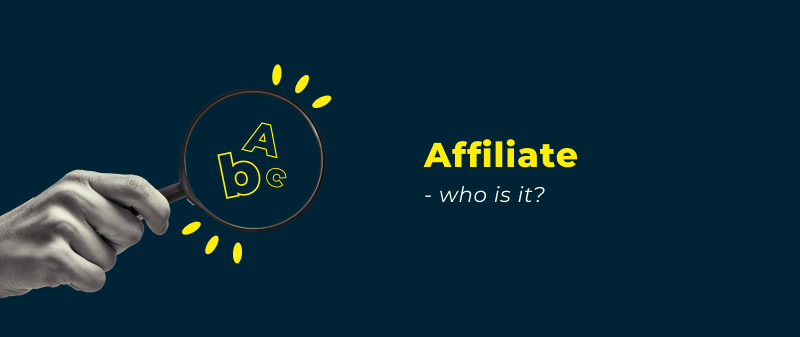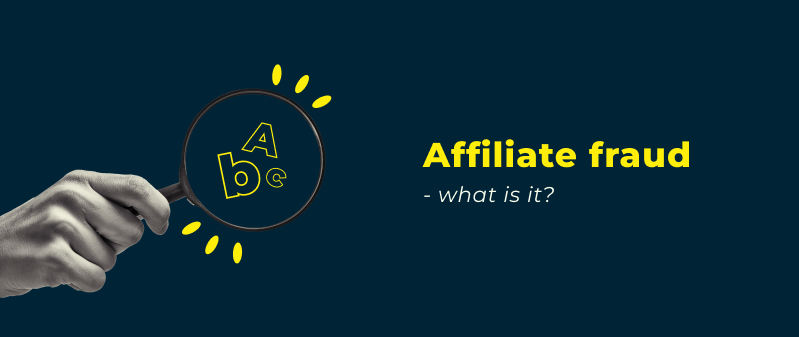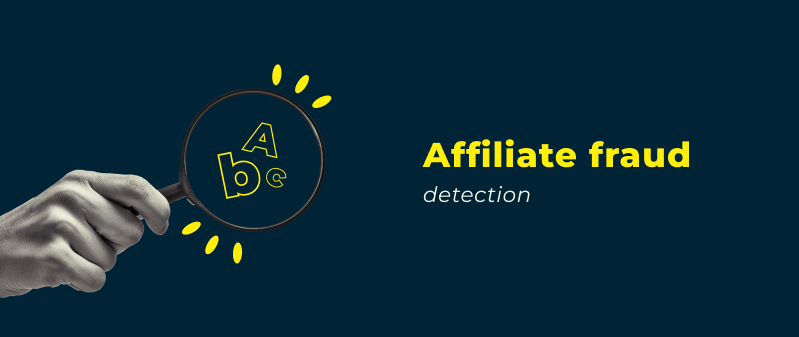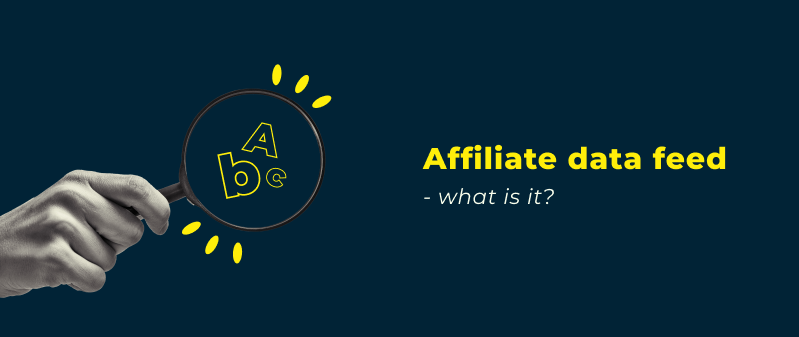DEFINITION
An affiliate is an individual or entity participating in an affiliate program, promoting products or services of a specific company in return for financial compensation.
An affiliate is an individual or entity participating in an affiliate program, promoting products or services of a specific company in return for financial compensation. Also referred to as a partner or an affiliate publisher, they bridge the gap between the seller (advertiser) and the consumer. Earnings for affiliates are typically commission-based, contingent upon their performance.
Table of contents
What types of affiliates are there?
Affiliates promote products primarily by placing affiliate links online. Based on their online activities, we can categorize affiliates into several primary types:
- Bloggers: Individuals managing blogs relevant to the industry of the affiliate program. Their content includes guides, informational articles, product reviews, and rankings, all embedded with affiliate links. Banners and product widgets may also be featured on their blogs.
- Influencers: Online personalities boasting a significant following on platforms like YouTube, TikTok, Instagram, and Facebook. They promote products via photos, posts, videos, and stories.
- Thematic website creators: Individuals operating niche web portals (e.g., health or travel websites). They embed links within article content or use banners. These portals can also gather contact databases via newsletters or subscriptions.
- Creators of discount and comparison sites: These websites highlight the best prices, promotions, or discounts for products. Affiliates earn commissions from clicks on offers with affiliate links or from actual purchases.
In what models can an affiliate earn money in an affiliate program?
Affiliates can be compensated through various models, including:
- PPC (Pay Per Click): Affiliates earn for every click on their affiliate link, irrespective of a resulting purchase.
- PPL (Pay Per Lead): Compensation is provided when potential customers perform specific actions, like filling out a contact form or subscribing to a newsletter.
- PPS (Pay Per Sale): Commission is paid only when a product sale results from an affiliate link click.
- PPA (Pay Per Action): Affiliates are paid for specific user actions, such as form submissions, site registrations, or e-book downloads.
How does an affiliate generate its revenue?
Revenue generation for affiliates involves creating websites or social media profiles, cultivating an audience, and endorsing advertiser products. Effective strategies include placing affiliate links on related websites and blogs and crafting compelling posts, photos, and videos. The precise revenue system depends on the affiliate program’s model, such as PPC or PPS.
How to become an affiliate?
To embark on an affiliate journey:
- Identify a platform or company offering a relevant affiliate program.
- Register in the selected program and agree to the cooperation terms.
- Prepare a website, blog, or social media profile for product promotion.
- Access promotional materials and affiliate links provided by the company.
- Integrate affiliate links into your content and begin product promotion.
What are the benefits and drawbacks of being an affiliate?
Earning as an affiliate offers both advantages and challenges.
Advantages of being an affiliate:
- Potential for substantial passive income.
- No product production costs.
- Flexible working hours and location independence.
- Absence of initial capital requirements.
- Minimized business failure risk.
Disadvantages of being an affiliate:
- Unpredictable earnings.
- High competition.
- Significant commitment to developing and maintaining promotional platforms.
- Extensive time investment for promotional endeavors.
- Exposure to potential fraud.



